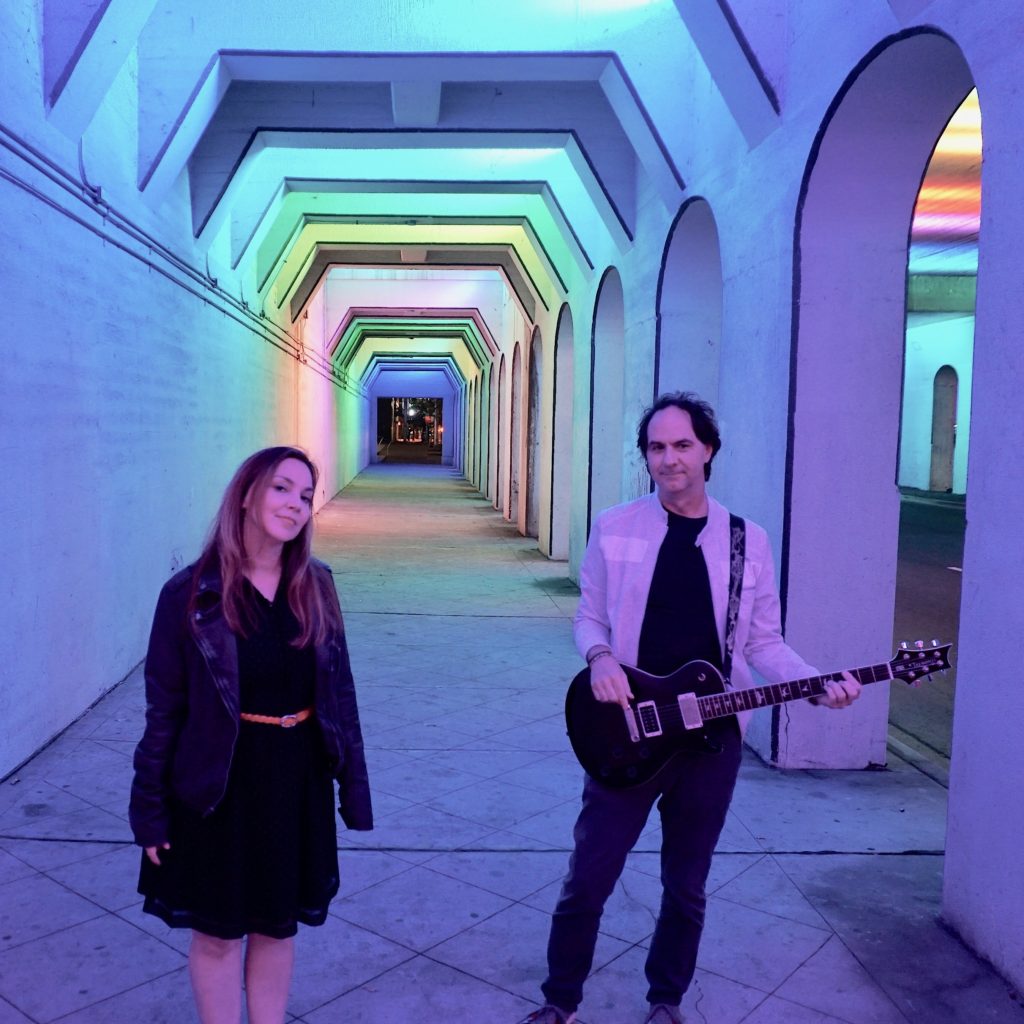By Blake Ells
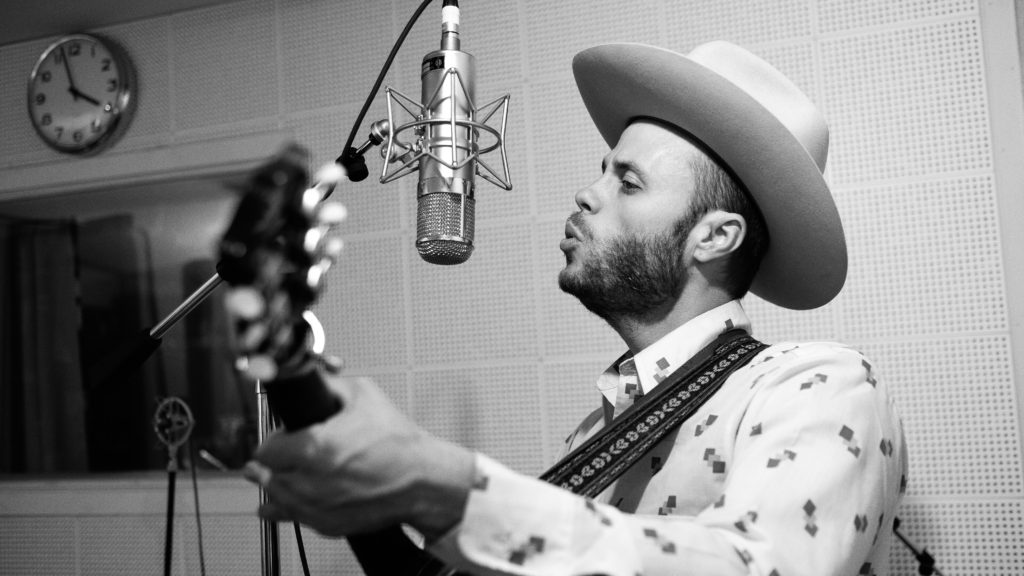
Charley Crockett just turned 34-years-old, but the country and blues singer has lived as many tales as his fellow Texan, 78-year-old Billy Joe Shaver. His new album Lonesome As A Shadow will be released on Friday, April 20, and there’s a good chance that it’s the one that takes Crockett, a descendent of Davey, all the way from his days of train-hopping to headlining his own tours.
He added a last minute, midnight show at The Nick for Thursday, April 12 as he passes through town to open for Turnpike Troubadours at Druid City Music Hall in Tuscaloosa on Friday. Before the stop, he talked about hitchhiking, train-hopping, recording in Memphis, how he’s related to Davey Crockett, how much he loves his home state and the difference between Country and the Blues.
Birmingham Stages: I thought it was happenstance, but as it turns out, you actually are related to Davey Crockett. How are you related?
Charley Crockett: It’s on my grandfather’s side, who’s still alive; he’s 94. He’s also named Charles Crockett. There are various ways we’re related up through Arkansas—up where the family was from—and they came down through Texas to the Granbury area. Elizabeth Patton was the wife that he had the most kids with; his first wife died young. Elizabeth is buried out in Granbury, Texas, which is not too far from where I was brought up.
Birmingham Stages: What part of Texas did you grow up in?
CC: Well, I moved around. I was from South Texas, originally; the same town as Freddy Fender; down around the Rio Grande Valley. My mom and I moved up to Dallas, and from there, I actually started living part of the time in Louisiana. That’s how I got into street playing. I did that for a bunch of years; lived all over the country just hoboing around, playing on street corners for a long time.
I got back to Texas and I put a band together on the Deep Ellum-Fort Worth Blues circuit, which is kind of crazy—we started playing out in Granbury a bunch at this beer joint called Revolver and I’d drive by Elizabeth Patton’s grave site every time we’d go out there and play. It’s like 50 miles away from Dallas or something like that—it used to trip me out.
Birmingham Stages: Why did you set out hoboing around when you were young?
CC: I think a lot of times people end up as musicians because it’s a profession of last resort sometimes. I was getting in a lot of trouble when I was younger. I felt like I didn’t have any direction to go; I didn’t feel driven to choose that angular paths that were being thrown in front of me and music was my answer to all of that. Once I started playing, I kind of dropped everything else and really started focusing on it.
To be honest with you, the way I started out playing in the street was I started playing in parks. I was just trying to find a place that I could get by myself—without people around—just looking for a place to play where I wouldn’t be bothering anybody and there wouldn’t be anybody bothering me. So I started playing in parks just because there was a place to go. People started coming up and throwing me a dollar or giving me change. That’s when I started taking it more serious and moving to better spots.
That’s all I’ve been doing ever since I started playing is moving to better spots.
Birmingham Stages: So when you began playing parks—that was around New Orleans?
CC: Yeah, it was around New Orleans. It was kind of wherever I was traveling around. I did it around New Orleans, Dallas, Austin; then I started getting into hitchhiking on the highways and that’s a really big thing among street musicians—especially around New Orleans. I learned how to get myself around by playing with other musicians in New Orleans who were already traveling. Trying to go to New York, we’d get dropped off—a combination of hitchhiking and train-hopping and you’d get to Asheville—play in Asheville, North Carolina on the street for a while and get a little more money—head up to New York from there. It’d be this kind of highway going back and forth.
If you play above ground in the parks in New York City—if you play on the street corner in the East Village—the cops run you off real quick. It’s illegal to do that because of the noise stuff with residents. So I naturally went down to the subway, because even though it was also illegal down there without a permit, you could get away with it as long as you weren’t amplified. So I would do that, and then I started playing on the train because these poets that were rapping on the train would see me on the subway platform and try to get me to come on the train with them. I didn’t know what they were talking about and I got nervous playing with them.
One day I got cornered and I wound up playing in the subway trains all day. And I made, like, five times more money than I made standing on a subway platform. So I kept doing that.
Birmingham Stages: Do you have any horror stories from your time hitchhiking?
CC: I mean, maybe not horror stories. It can be really scary; it’s lawless, you know? You think that wild west code is gone in modern times, but I can tell you, when you’re train-hopping and you’re hitchhiking, it’s not because everything you’re doing is illegal. It’s mostly down-and-out type folks. So if somebody wants to rob you or if somebody is not psychologically well that’s out there hitchhiking or hopping on trains, it can be really dangerous. I’ve dealt with stuff like that, but not as bad as it would seem. It’s more about getting hurt jumping on or off a train or getting in a car with some crazy person.
I’ve seen some crazy stuff; I’ve seen people get stabbed on the subway cars of New York, stuff like that. People used to use us inadvertently as a diversion; when we’d be singing on the trains, everybody would be looking at us, so sometimes we’d catch someone getting in a lady’s purse when she wasn’t looking because we were in there singing. I’ve seen that kind of stuff a lot.
Birmingham Stages: How did you graduate from playing subway cars to bars?
CC: Well, like I said, I was always just moving to better spots. I put a little more money in my pocket, had a good crew; we were promoting ourselves a little better, driving people to a page online.
I ended up signing a record contract; got discovered by some people in Manhattan on the R-Train. That was kind of my first time getting off the street level at all; playing on stages in New York City for a while. That kind of fell apart and when it fell apart, I didn’t want to go in the direction that they wanted to take us. It was going from the streets to doing this Pop thing that I wasn’t ready for or didn’t want to do.
I didn’t want to go back to the streets. I had been squatting in warehouses for years and I didn’t want to keep doing that. I got out of the city; I was living out in the country on a buddy’s farm that I knew, recording my own stuff and going to blues jams. That was really my transition into learning to play on a stage—going to blues jams in New York City, in New Orleans, Dallas, Fort Worth, Austin, San Francisco—I’d be traveling around. That’s when I learned how to lead a band. You get thrown off stage one night because you [expletive] up the band’s money, you learn real quick if you want to ever go back in there.
Birmingham Stages: Where is home now?
CC: Austin. I live in Austin, Texas.
Birmingham Stages: Do you think Texas is your path or do you think you’ll ever give that up to move to Nashville and do the Nashville thing?
CC: [laughs] That’s funny. Well…where do you live?
Birmingham Stages: I live in Birmingham. I was in Austin last year; love that place a lot.
CC: Oh, man, I love Birmingham. I love that town.
I’ll answer your question, it’s just funny to me. I do my business in Nashville. That’s the funny thing. I can’t avoid Nashville because everybody’s there—the label, the agent, the publicist. And I remember being on the street in New York and I saw this mass exodus from New York City down to Nashville—this must have been in, like 2010. I knew it was going to blow up.
But I’ll stick with Willie Nelson. He always said the Grand Ole Opry’s call letters, WSM, stood for “Wrong Side of the Misssissippi.” [laughs]
I joke. I love that town, too. But I came up in New Orleans, man. The only towns I know that have that soul of New Orleans—which is the thing that I need—besides New Orleans, is Memphis and Austin. Texas has been my bread and butter. Down here in Austin, I can go hear Cajun and Creole music all the time—get that New Orleans sound. I can hear Texas Swing. I can hear Tejano. Soul. Funk. Blues like a [expletive]. That’s why I live here. I’d rather live in the country than anything, but if I’m going to be in a big city, I’d rather be in Austin right now. I’ve got a lot of love for Dallas/Fort Worth, because I played the [expletive] out of those bars for a couple of years, and when it was hard to get gigs anywhere else. If it’s hadn’t been for playing in Deep Ellum and DFW as heavy as I did, I don’t think I would have ever gotten on with the people I’m on with now.
It’s a Texas/Louisiana story. It’s playing in Dallas and Austin and New Orleans. I’m proud of that regional heritage.
Birmingham Stages: When I was there, I was able to hang out at the Continental Club quite a bit. And I know that’s probably just a small taste, but it’s a cool town. I wish I could get out there more often.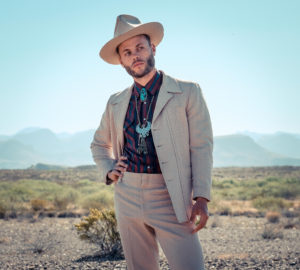
CC: Hell yeah, man. You know everybody’s complaining about how blown out Austin is, and Nashville’s the same thing. It’s like Justin Townes Earle—I remember he said a few years back—somebody asked him what kind of advice he’d give a young musician moving to Nashville trying to make it. And his advice was, “Don’t move to Nashville. Move to some smaller town.”
And I agree with that. I love living in Austin, but I don’t know if they would have paid attention to me in Nashville. In Dallas/Fort Worth—even though that’s a big area, it’s a small music scene. Like Tulsa—Tulsa has this really small, tight knit music scene. You can get known in the music community like that a lot faster. Birmingham is that kind of city—there’s a really small, supportive music community—that I’ve seen at least, when I pass through. I think you’d be better off to play around Birmingham and get people to recognize you than you would playing around Nashville.
Birmingham Stages: Definitely. I think you may have actually played some shows with our own St. Paul and the Broken Bones. Did y’all play around a little bit?
CC: Yeah, man. I’ve done a couple of shows with them. I think they sold out—they sold like 2,300 tickets at a venue in Dallas we played. It was wild.
Birmingham Stages: You mentioned Memphis, and I know you recorded this new record there at Sam Phillips’s studio. What led you there?
CC: Well…I guess because I didn’t want to record in Nashville. [laughs]
I really liked Margo Price’s first record, Midwest Farmer’s Daughter, and I really liked the way it was recorded, the way it sounded. I saw that Matt Ross-Spang had worked on it, and I knew that he was working out of Memphis and he had been at Sun a long time. So we hit him up—I never expected to hear back from him or nothing. He hit me back and was like, “Yeah, come see me over at Sam Phillips Recording Service.”
He was like, “Do you know where that is?”
And I’m like, “Yeah, yeah.”
And he’s like, “Are you sure?”
And I’m like, “Yeah, I know where that is.”
So I go over to Sun Records and call him up and tell him I’m here, and he’s like, “Nah. You’re not here. You’ve got to come down the street to Sam Phillips. I knew Sun Records, but I never knew Sam Phillips. So I went down there, realizing I didn’t even know it existed. I hit it off with Matt; I like the old school feel of the studio over there. I like the family; Sam Phillips’s son, Jerry Phillips and them—they run it—a family type joint.
I just liked Matt. He had a really cool, laid back vibe. I played him a bunch of songs that were in my head and he was like, “Well, I can record any one of those.” So we did that. I got some help paying for it and came back in there a couple of months later, and we cut the record in four days. And I’m real proud of it, man, because I’ve got this real thick, Texas and Louisiana sound, where I mixed together a lot of the influences that I had playing on the street—various blues places and whatever. It brought a lot of Memphis soul—this Memphis, gritty soul—to my Texas and Louisiana style, which I’m real proud of; I’m real proud of that bluesy, soulful stuff.
Birmingham Stages: You’re often identified as a Blues artist, but you’ve also recorded a collection of Country covers that range from Hank Williams to Roy Acuff. What’s the difference between Country and the Blues?
CC: I don’t know, man. Lightnin’ Hopkins said, “Country wasn’t nothing but white man’s Blues.” You talk about Lightnin’ Hopkins or Lazy Lester—those were some country boys. To me, it’s the same thing—people just call it different things. I knew I could do that old-time Country stuff real good because I loved that music, I learned it in the street and I wanted to record something and I hoped that young people could identify with it, since I’m a younger man living in my time. Maybe I could help bridge the gap; get young people to look back at this music. Whether that’s classic Country or classic Country Blues—all that type of stuff—I don’t think we can outdo that music and I want young people to hear that music.
Birmingham Stages: That old-time sound—where did you pick up on it? Did it come from your mom?
CC: In a lot of ways, yeah. She was listening to Billie Holiday when I was a kid. It wasn’t like I was singing along and learning Billie Holiday songs when I was five or anything like that, but she instilled a confidence in me; we sang together when I was young. I never questioned whether or not I could sing, because we’d do it together when I was a kid.
To be honest with you, I learned Hank Williams songs from other musicians in New Orleans. There was this dude that I would see traveling the country from time to time, and one night, we both ended up on Royal Street on New Orleans at the same time. He was playing this song, and I learned it off of him. A couple of days later, I was like, “Hey, what’s the name of this song?” And he says, “Oh, it’s called ‘My Bucket’s Got a Hole in It.’ Hank Williams did it.”
And I was like, oh [expletive], this is Hank Williams. That’s the way I heard Lightnin’ Hopkins. Someone was playing it at a Blues jam. It was like, “I Once Was a Gambler.” Swinging it real slow and heavy Blues. I was like, “Man, did you write that song? I love that song you’re playing tonight, man.”
And he was like, “Man, I didn’t write that song. It’s Lightnin’ Hopkins.” So I started looking into him. That’s how I got into it.
Birmingham Stages: The last time you were here, I think you were opening a solo set for BJ Barham.
CC: Yeah, at Saturn. With Charlie Mills, a trumpet player. That’s a cool venue.
Man, I used to hang out at The Nick when I’d be passing through town, down there under the highway bridge or whatever it is right there. I love that place, man. I didn’t even know I was playing there until a few days ago because it got added. I used to be hoboing around, and I’d come in there and watch people play a late night show and I’d think, “How do I get on this stage?”
Birmingham Stages: It’s great. I know you’re heading to Tuscaloosa the next night, so I guess they added this one on.
CC: Yeah, we’ve been doing a lot of that. A lot of times, those types of gigs—the gigs we hit on the way to places—they’re the most fun for us. We did that in Tupelo—we added one on last midnight because it was en route and we were playing in the middle of the day. They’re blasting Gary Clark, Jr., who used to play in there—it was an amazing show. The Nick’s got that same kind of vibe. I went in there, not thinking anything of it from the outside, and man, there were just some popping bands in this joint. It was ridiculous.
I care more about playing in a good room with a good vibe than the amount of people there. Sometimes, it throws you off playing in too big of a room, you know?
Charley Crockett plays a special late-night show at The Nick on Thursday, April 12 at midnight. Admission is $6. For more information, visit www.thenickrocks.com.
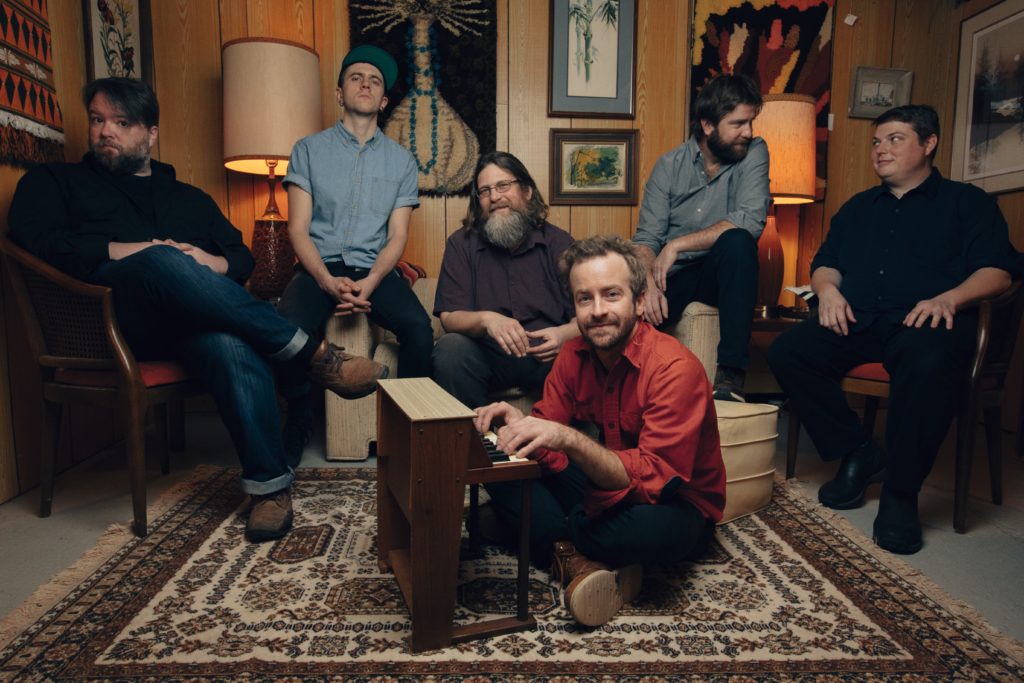
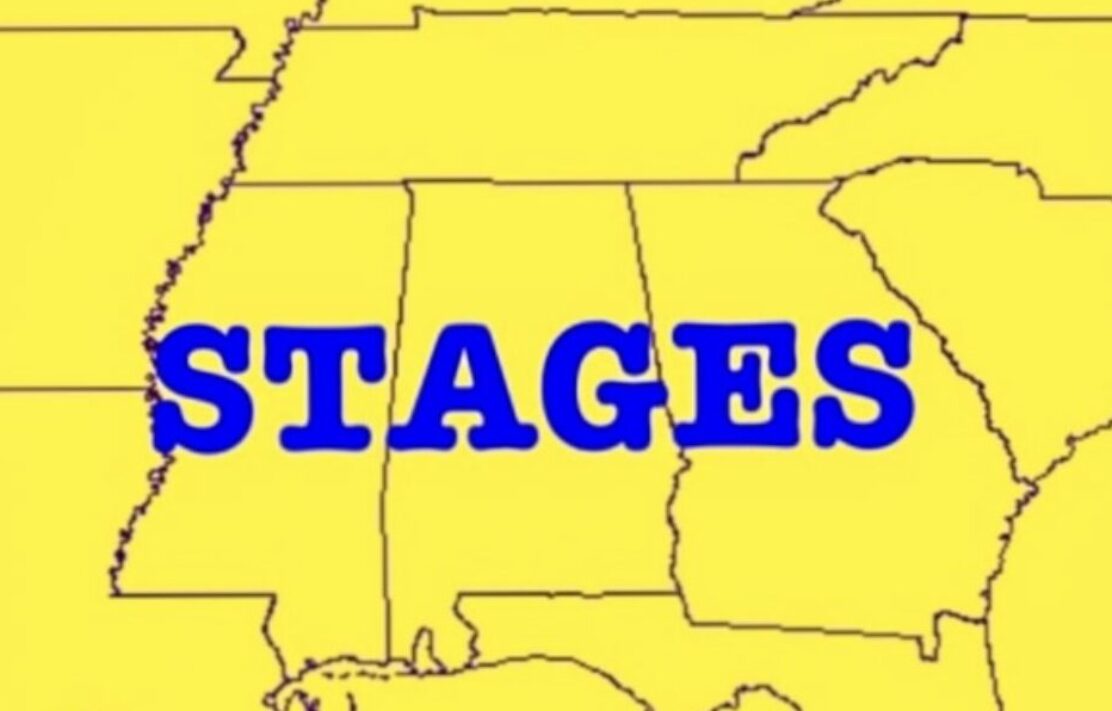



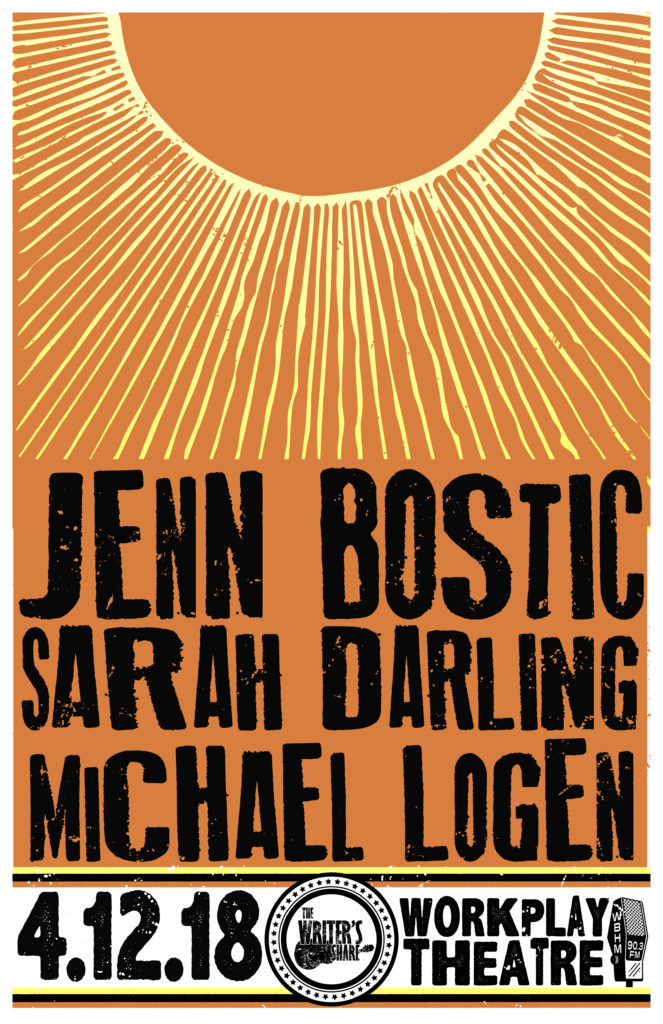
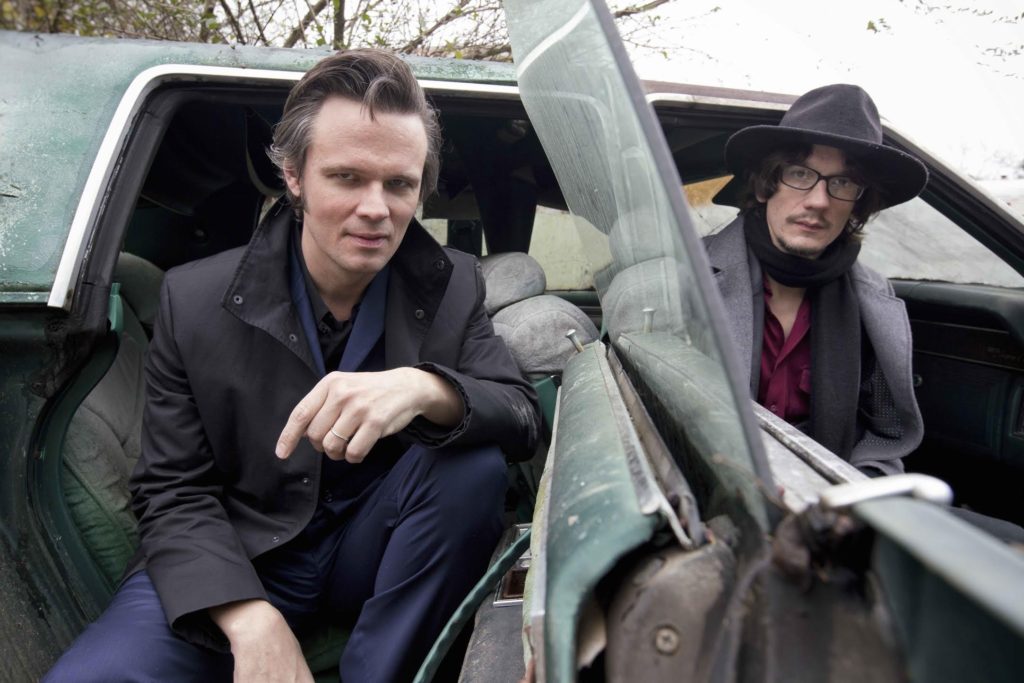
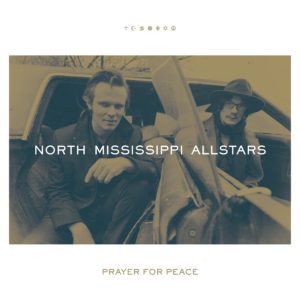
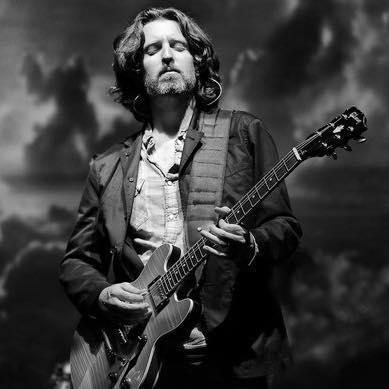
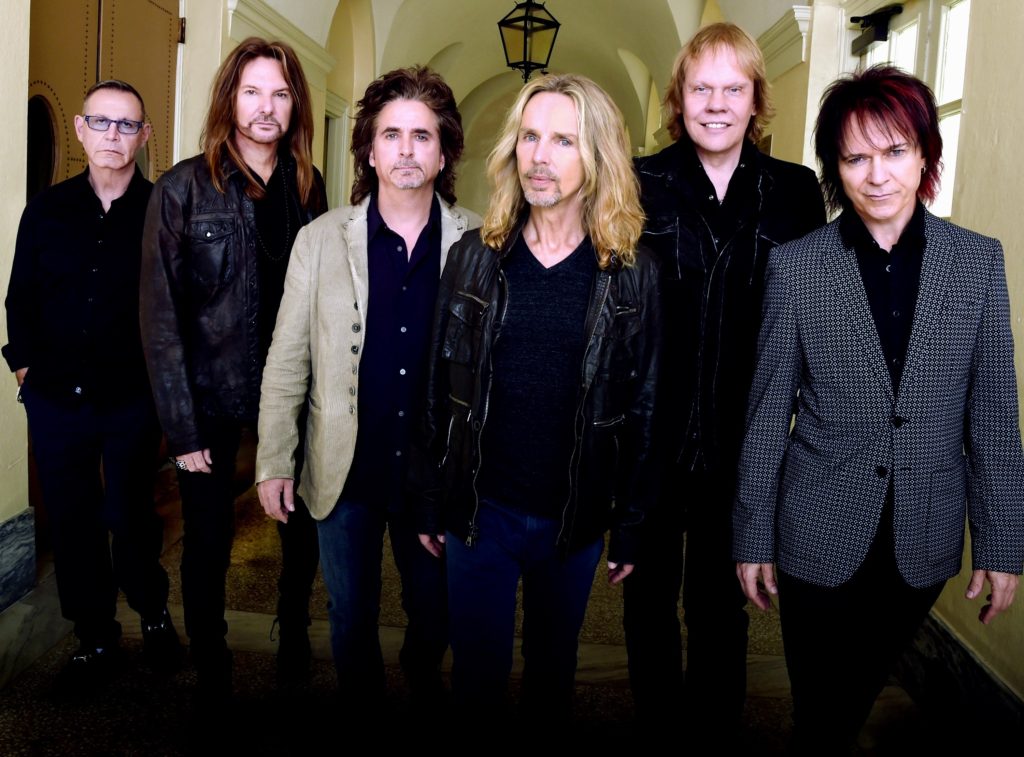

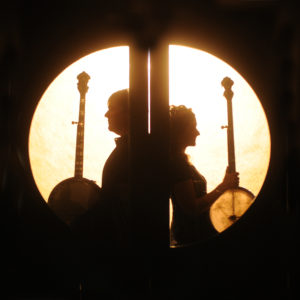
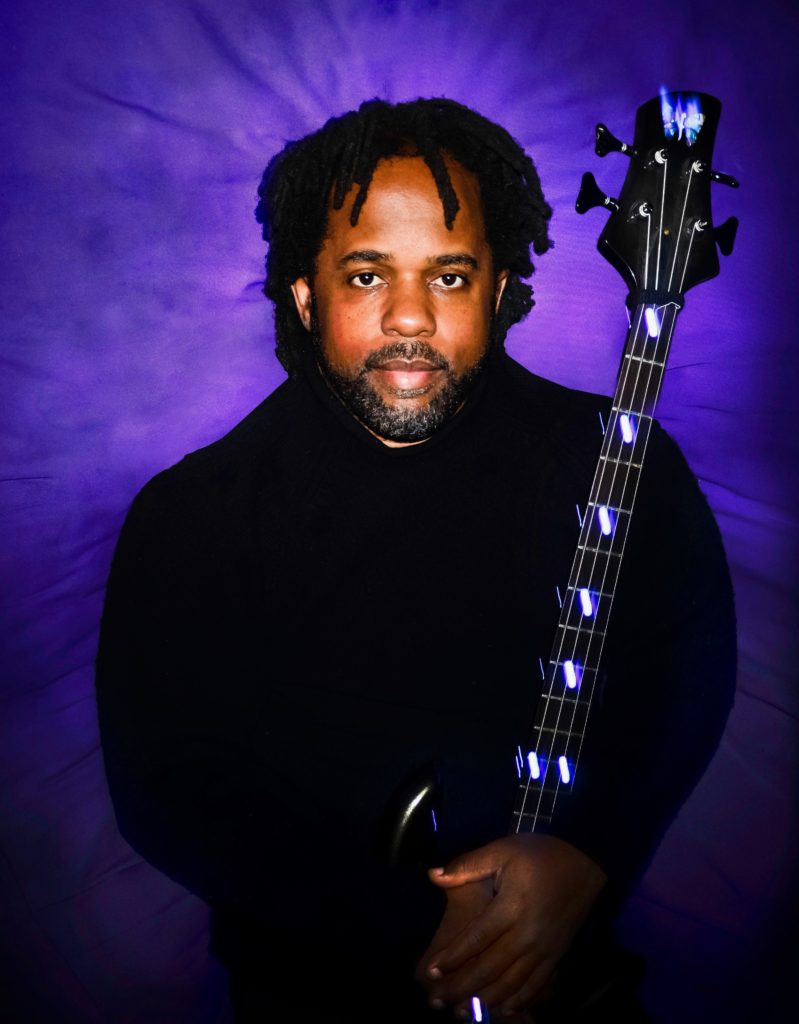
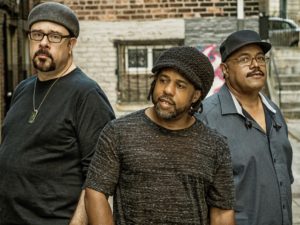 Birmingham Stages: Your book, The Music Lesson: A Spiritual Search for Growth Through Music [Berkley Books, 2008], was well-received both commercially and critically. In addition to songwriting, do you have any book plans in the future?
Birmingham Stages: Your book, The Music Lesson: A Spiritual Search for Growth Through Music [Berkley Books, 2008], was well-received both commercially and critically. In addition to songwriting, do you have any book plans in the future?